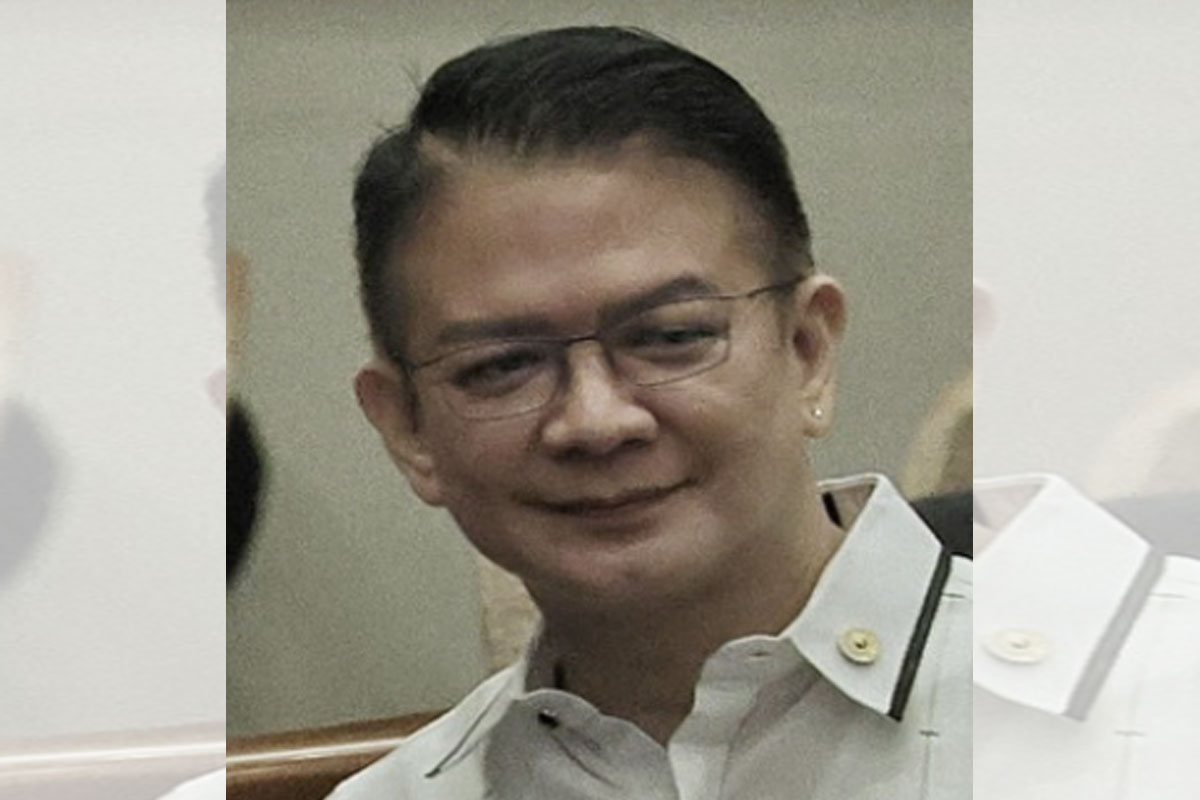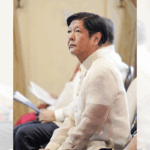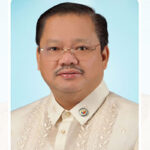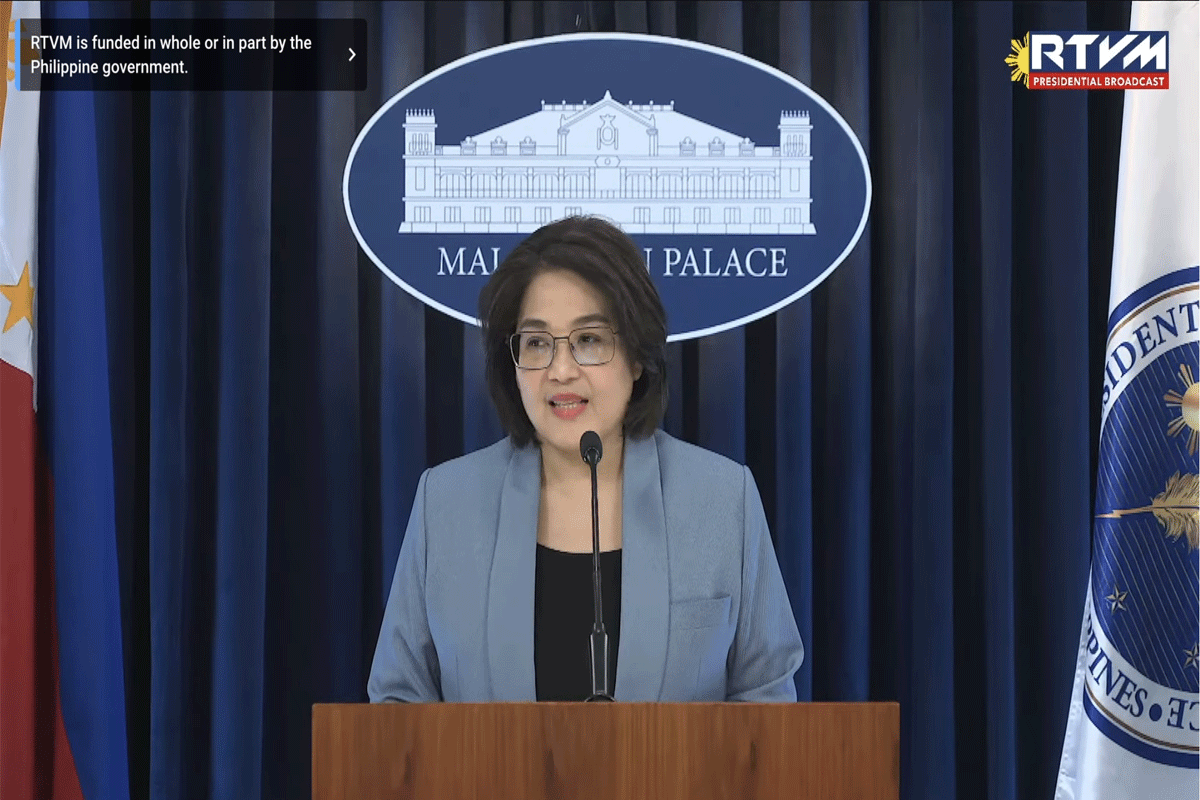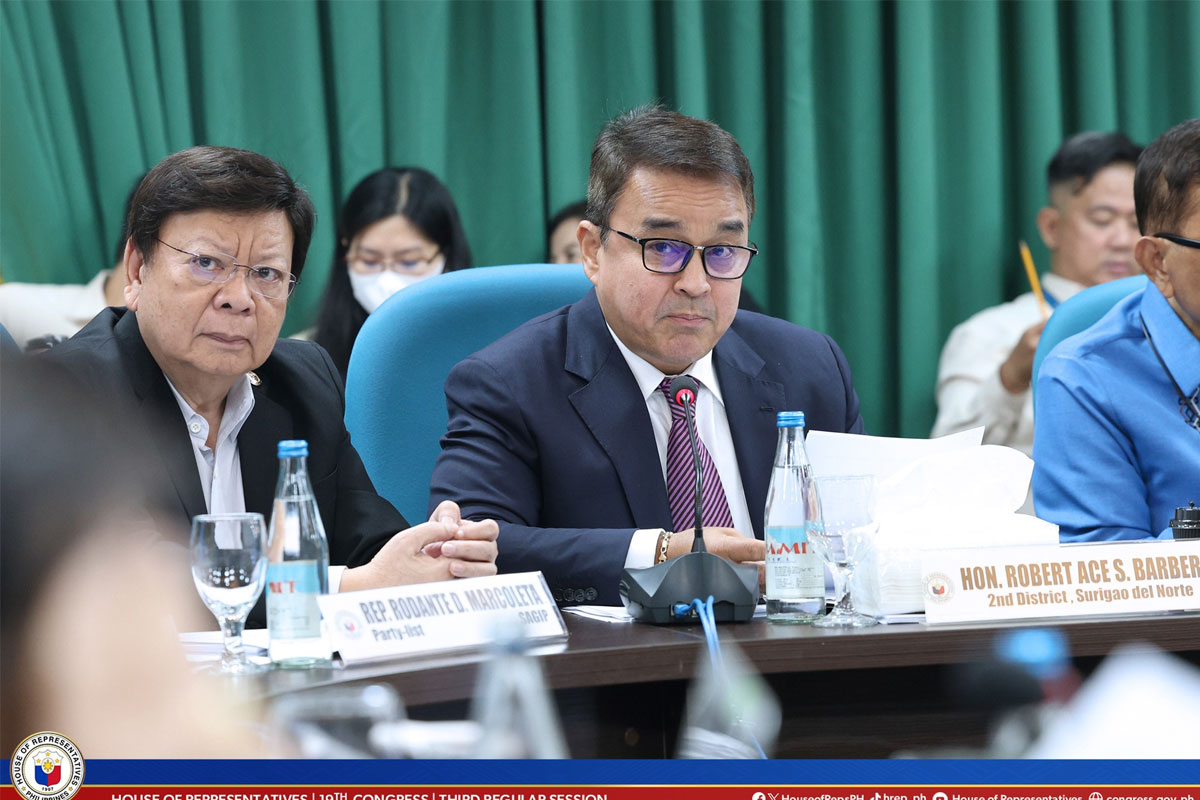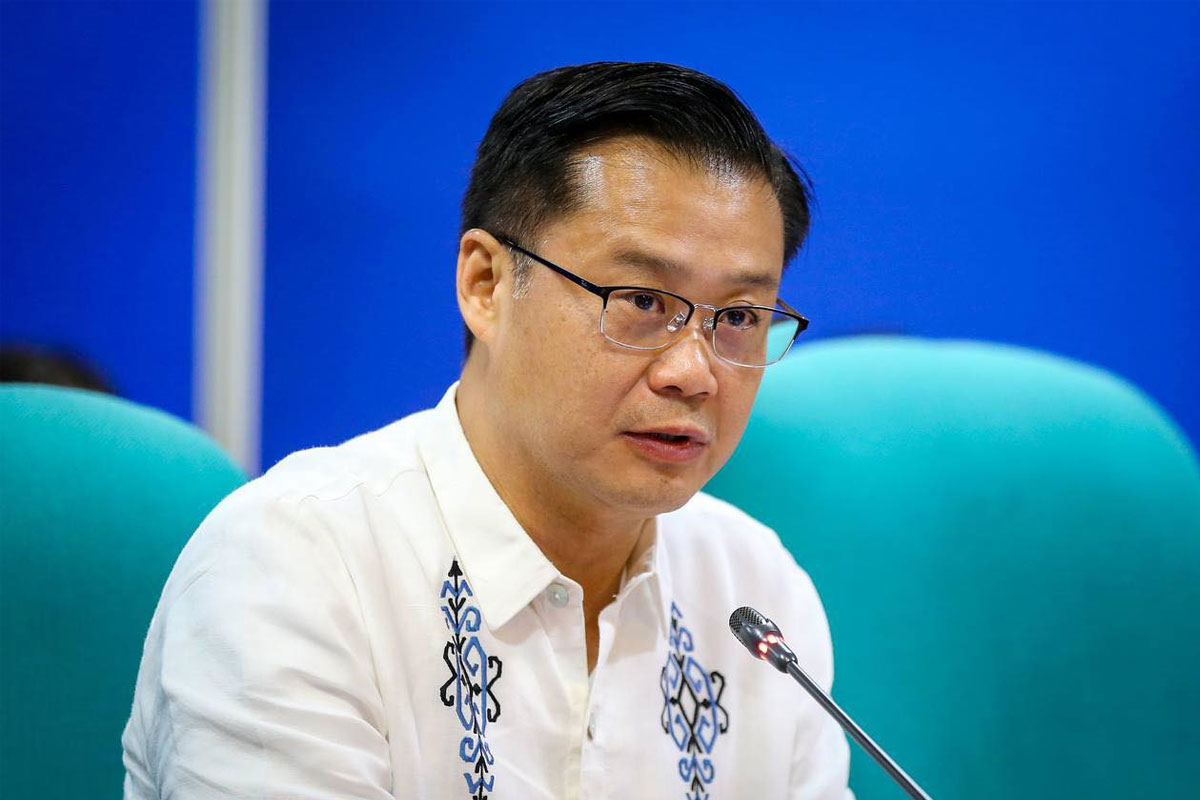Calendar
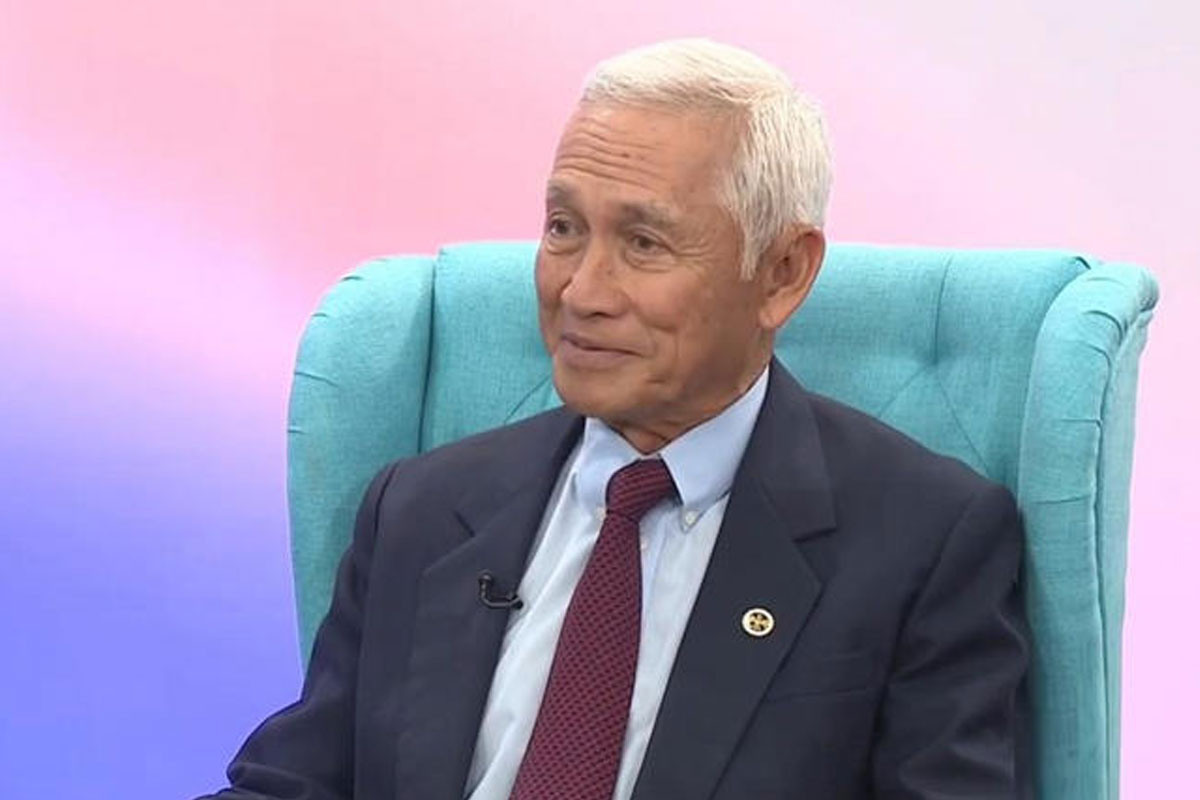
Pilipinas pinaka mahigpit pagdating sa foreign equity ownership — Teves
ANG Pilipinas ang may pinaka mahigpit na panuntunan pagdating sa foreign equity ownership sa Association of Southeast Asian Nations (ASEAN) region, ayon kay dating Finance Secretary Gary Teves.
Ito ang sinabi ni Teves sa inorganisang roundtable discussion patungkol sa epekto ng mahigpit na regulasyon laban sa foreign direct investment na inorganisa ni Congressional Policy and Budget Research Department (CPBRD) Deputy Secretary General Dr. Romulo Emmanuel Miral Jr. at Marikina City Rep. Stella Quimbo, senior vice chairperson ng House Committee on Appropriations.
“We are the most restrictive in ASEAN and Vietnam, which has made substantial liberalization, is the least restrictive. We are No. 3 globally,” sabi ni Teves.
Ang mga balakid na ito sa ekonomiya ay nasa sektor umano ng agrikultura, pagmimina, transportasyon, media at telecommunications.
Inihayag ni Teves na suportado nito at ng Foundation for Economic Freedom na kanyang kinakatawan sa forum, ang hakbang ng Kongreso na amyendahan ang ‘restrictive’ economic provision ng Konstitusyon.
“Remove those from the Constitution. We are the only country in ASEAN and perhaps in the entire world with those restrictions in the Constitution,” sabi niya.
Dagdag pa niya, kung ang kapangyarihan para pamahalaan ang pagpasok ng pamumuhunan ay nasa Kongreso ay mas madaling mababago ang mga limitasyon nito.
Inamin naman ng dating kalihim na bagamat kinakailangang alisin ang mga limitasyon ay hindi naman ito sapat para makahikayat pa ang Pilipinas ng foreign investment.
Mayroon kasi aniya mga ipinagbabawal na hindi nakasaad sa Konstitusyon na nakakapigil sa pagpasok ng kapital gaya ng ease of doing business, red tape, korapsyon, imprastraktura, logistics at presyo ng kuryente.
Isa sa mga seryosong nakakapigil sa pamumuhunan ani Teves ay ang pakikialam at regulasyon ng lokal na pamahalaan.
Sinegundahan ni UP economics professor at National Scientist Raul Fabella ang pahayag ni Teves kaugnay ng sitwasyon ng pamumuhunan sa Pilipinas.
Aniya mayroong “anti-investment ecology” ang bansa at nahuhuli na sa pag-akit ng dayuhang kapital sa nakalipas na apat na dekada.
“The task before this generation and this administration is to reverse this decadal march to the bottom in the investment ladder,” sabi niya.
Bigo rin aniya na makahikayat ng foreign investor sa bansa ang batas na nagbabawas sa corporate income tax at sa halip ay mga shareholders ng mga korporasyon lang ang nagbenepisyo sa tax bonanza para sa mga dibidendo.
Tulad ni Teves, tinuran ni Fabella ang mga paghihigpit sa Konstitusyon na nakaka-apekto sa pamumuhunan tulad ng mataas na presyo ng kuryente, korapsyon at bureaucratic inefficiency rule of law, at imprastraktura
Tinukoy pa nito na minsan ay kailangan pa ng 172 na pirma para mmasimulan ang isang malaking proyekto.
Isa sa inihalimbawa nitong bunga ng limitayson sa foreign ownership ang kontrobersyal na konstruksyon ng Terminal 3 ng Ninoy Aquino International Airport noong administrasyong Ramos.
Nakakuha ito ng foreign investment at isa rito ang operator ng paliparan ng Germany na Fraport.
“But the restriction on foreign ownership means that foreign interest cannot wholly own and run the facility. It (Fraport) needed a local partner to pose as majority owner (some say dummy). It found one, but the partner was embroiled in corruption cases leading to lawsuits that caused the completed Terminal 3 to be mothballed for a decade since delivery in 2002,” sabi ni Fabella.
Aniya noong 2016, batay sa ibinabang desisyon ng Korte Suprema, inatasan ang gobyerno na bayaran ang Piatco, ang local partner ng Fraport, ng P25 billion.
“Had the ownership restriction not been there, Terminal 3 would have been running and earning since 2002 and the P25-billion indemnity would have been avoided. P25 billion was the cost of the foreign ownership restriction in just this one case,” sabi pa ni Fabella
Kalaunan ay kinuha ng pamahalaan ang pamamahala sa Terminal 3 at nagsimula ng full capacity operation nito noong August 2014.
Ilan pa sa mga dumalong panelist sa diskusyon sina Philippine Statistics Authority Undersecretary Dennis Mapa, UP economics professor Toby Melissa Monsod, at Philippine Institute of Development Studies senior research fellow Francis Mark Quimba.
Ibinahagi naman ni Rutcher Lacaza ng House planning, budget and research department ang pananaliksik kaugnay sa mga balakid sa pamumuhunan at epekto nito sa foreign direct investments



